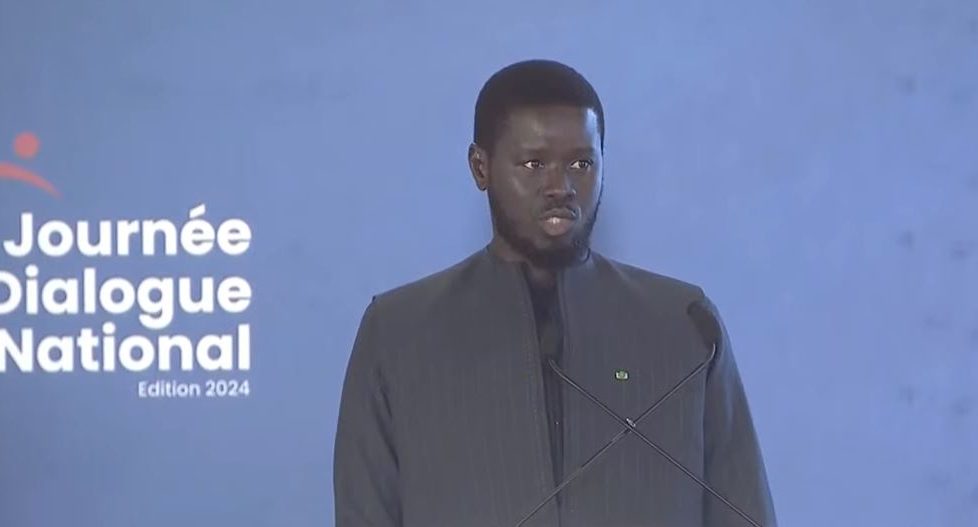National Dialogue TORs: Reform of the electoral system, status of the leader of the opposition, revision of the sponsorship system…


The National Dialogue scheduled for May 28 will « establish a framework for consultation that promotes open and constructive discussions on institutional reforms. » The Terms of Reference (TOR) note that « as part of these major institutional reforms, the President of the Republic, during his address to the Nation on April 3, 2024, relaunched the debate on the need to replace the Autonomous National Electoral Commission (CENA) with an Independent National Electoral Commission (CENI). »
Regarding the general objective of this conclave, it is said that it will be « to conduct inclusive consultations in order to reach solid political consensus, with the aim of strengthening Senegalese democracy and preserving the institutional stability of the country in terms of political formations and the organization of elections. »
Closure of “non-compliant” media: The press faces a black screen
The specific objectives include « reforming and improving the Senegalese electoral system, giving substance to the status of the opposition and its leader, discussing automatic registration on the electoral roll upon the establishment of the ECOWAS biometric national identity card and upon reaching the age of majority, revising the sponsorship system, examining the role of the authorities in charge of elections and the media. » Discussions will also centre around debates on » the role of justice in the electoral process, streamlining the republican calendar, thoroughly, streamlining political parties, regulating the financing of political parties, and revising the electoral code. »
[themoneytizer id= »124208-19″]
In the ToR, it is stated that « the discussions will be organized around three main axes: democracy, freedoms and human rights, rationalization of political parties and the republican calendar, supervision of the financing of political parties, recognition of the status of the opposition and its leader », for the first axis. The second axis, concerning the electoral process, will address issues relating to « modalities for organizing sponsorship and automatic registration on the electoral register via the ECOWAS biometric national identity card, study on the technical specifications of the single ballot, opportunity for an audit of the electoral register, digitization of the electoral process, voting by persons in detention. » The third axis will concern « institutional reforms and election management bodies. » These, according to the authors of the document, will focus on « the electoral system best suited to the Senegalese political system, the role of justice in the electoral process, the authorities in charge of elections and the media. »
Rejection of the Amadou Bâ law: One Decision One Hundred Interpretations
Regarding the participants in this National Dialogue on the Political System, the document states that the « Minister of the Interior and Public Security will establish a Consultation Framework on the Electoral Process (CCPE), bringing together stakeholders in the electoral process with equal representation of political actors. » This framework, the authors indicate, « may include the following actors: representatives of political parties (majority and opposition), the Constitutional Council, the Autonomous National Electoral Commission (CENA), National Audiovisual Regulatory Council (CNRA), Ministry of the Interior and Public Security, Ministry of Justice, Ministry of African Integration and Foreign Affairs, Ombudsman of the Republic, Civil Society. » In the same vein, it is emphasized that a « steering committee will lead the work, » with the mission of « organizing and coordinating consultations, facilitating mediation and consensus between the parties, and drafting a general report. »
In the ToR, the authors extensively revisited the context and rationale for this meeting. Thus, emphasising: « Aware of the need to preserve and strengthen this democratic tradition, the President of the Republic called for an inclusive national dialogue on the institutional environment relating to political and electoral issues. » « The upcoming deadlines, which involve making the institutional framework more transparent and inclusive, are: territorial elections in 2027, presidential elections in 2029, legislative elections in 2029. »

